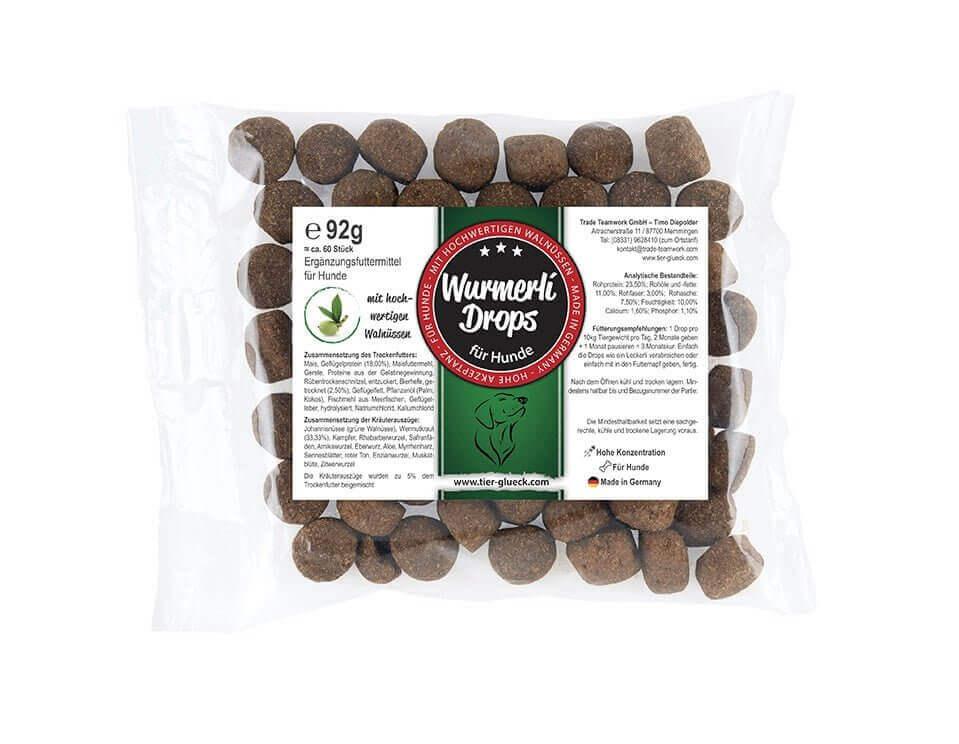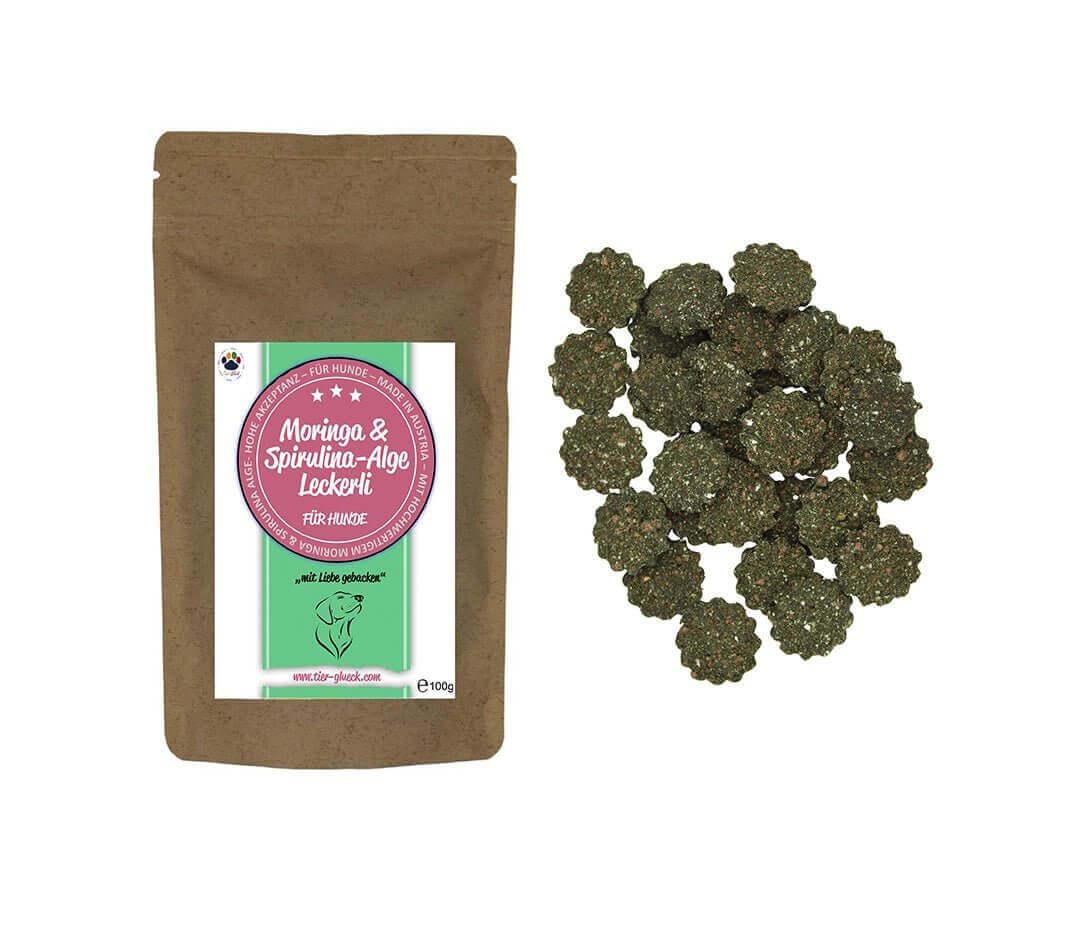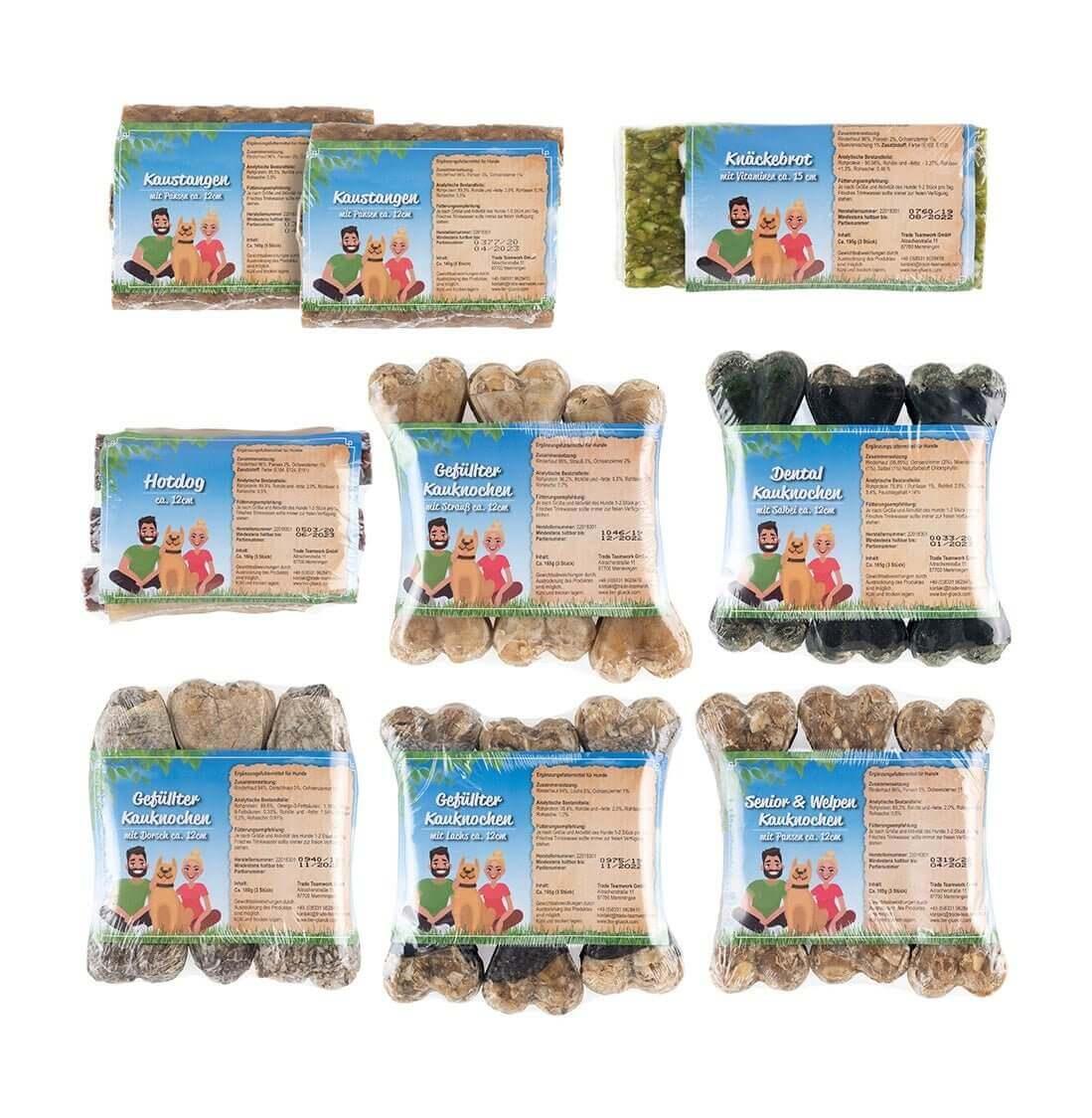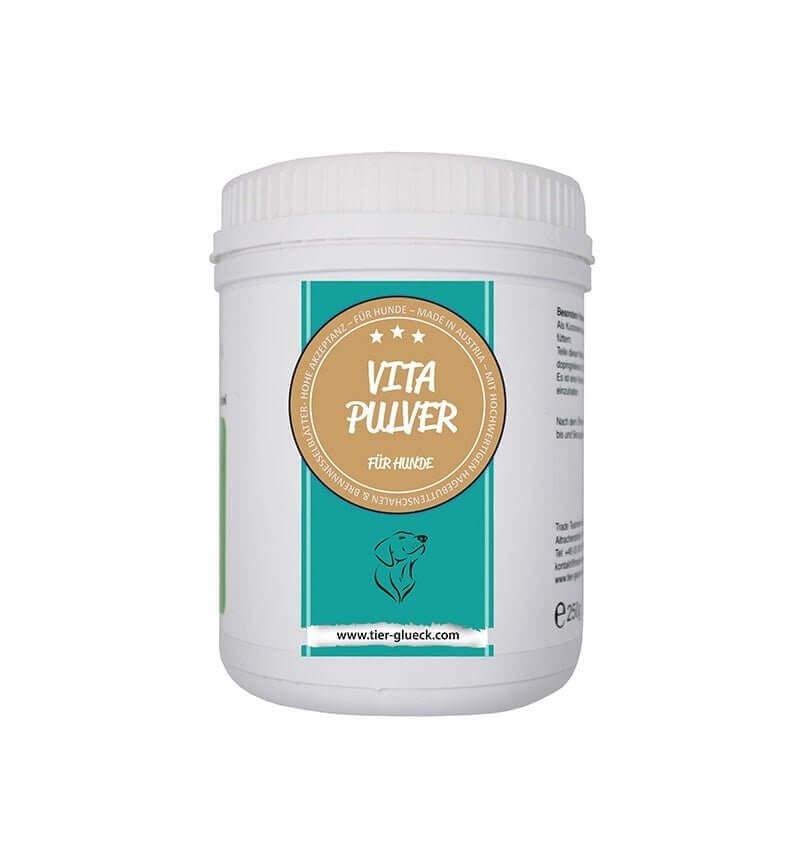Many pet owners love to brighten up their homes with green plants. But what many don't realize is that numerous houseplants and garden plants can be toxic to dogs and cats. Even nibbling on the leaves or flowers can cause serious health problems. In this article, we'll show you the 15 most dangerous plants for pets – and which safe alternatives you can choose instead.
Why are some plants poisonous to pets?
Plants contain various natural substances that can be toxic to animals. Symptoms range from gastrointestinal problems and cramps to life-threatening poisoning. Curious puppies and cats are especially at risk, as they love to nibble on plants.
The 15 most dangerous plants for dogs and cats
-
Lilies
Extremely toxic to cats—even small amounts can cause kidney failure. Less dangerous for dogs, but still not recommended. -
ivy
May cause vomiting, diarrhea and breathing difficulties if swallowed. -
oleander
Very toxic – causes cardiac arrhythmia and vomiting. -
Dieffenbachia (Giftaron)
Causes severe burning in the mouth, swelling and difficulty swallowing. -
azalea
Toxic to dogs and cats, symptoms: vomiting, diarrhea, weakness. -
Philodendron
Causes mouth irritation and digestive problems. -
Sword fern
Can cause neurological problems. -
cyperus
Irritates mucous membranes and may cause vomiting. -
Calla (Calla Lily)
Burns and irritates the mouth and throat. -
Jade plant
Toxic to dogs, causes vomiting and depression. -
amaryllis
May cause vomiting, diarrhea, and tremors in pets. -
Azaleas
Negatively affects the heart and stomach. -
Tulips and daffodils
Causes stomach upset and salivation. -
poinsettia
May cause skin irritation and stomach upset. -
Snake plant
Toxic if swallowed, symptoms include vomiting and diarrhea.
Safe alternatives for a pet-friendly home
Still want to add greenery to your home? Here are some non-toxic plants that are safe for pets:
-
Spider plant
-
Cat grass
-
Areca palm
-
bamboo
-
African violet
Tips to protect your pets
-
Place poisonous plants out of reach or avoid them altogether.
-
Observe your pet and seek immediate veterinary advice if poisoning is suspected.
-
Before purchasing new plants, find out about their compatibility with pets.
Conclusion
Protecting your furry friends is your top priority. With this knowledge, you can avoid dangers while still making your home cozy and green. This way, you can ensure a safe and happy coexistence between humans and animals.
💡 Extra tip: Visit our shop! There you'll find not only high-quality accessories, but also products that promote your pet's well-being – for a healthy, happy animal.









